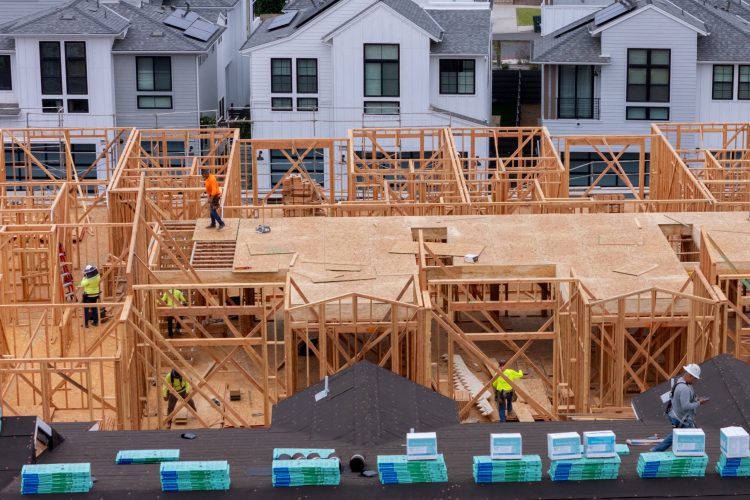The rise of artificial intelligence (AI) is reshaping the U.S. labor market, pushing blue-collar jobs from a fallback option for non–college students to a future-focused career choice. Soaring tuition costs have accelerated this trend among younger workers seeking financial stability.
According to the Education Data Initiative (EDI), the average annual cost of college tuition and housing now exceeds $38,000, with private universities nearing $60,000. When factoring in loan interest and lost income during study years, the total cost of a bachelor’s degree can surpass $500,000.

AI’s expansion is already reshaping employment patterns. The unemployment rate among college graduates aged 23 to 27 has climbed to 4.6%, up from 3.2% in 2019, while non-graduates in the same age range saw only a 0.5% increase. The Federal Reserve Bank of St. Louis views this as an early signal that AI is replacing entry-level office and administrative positions.
The shift is visible in the workplace. Vinnie Curcie, CEO of Orange County Solar, said, “AI can replace sales and project management roles, but installation still requires people,” noting a recent surge in field job applicants.
Trade schools and community colleges are reporting full or overbooked classes in welding, construction, and auto repair programs. Experts say this movement among young workers could lead not only to steady employment but also to entrepreneurship and higher long-term income.
CBS News reported that skilled trades such as electrical work, plumbing, welding, and HVAC (heating, ventilation, and air conditioning) are gaining new attention as AI continues to erode office-based roles. The network noted a growing migration of young Americans toward blue-collar professions.
According to an annual report by Jobber, 57% of Gen Z respondents cited student loan debt as a major deterrent to attending college, while 77% said it was important to choose “jobs that AI cannot easily replace.” They identified carpenters, plumbers, and electricians as stable professions, while software development, data analysis, and accounting were viewed as highly vulnerable to automation.
This changing mindset is also reducing the long-standing stigma associated with manual labor. David Asay president of Advantage Reline, an Arizona-based pipe restoration company, said, “Among young people, the idea that working in construction means you couldn’t go to college is fading. Now, it’s about learning great skills and building a strong career.”
BY EUNYOUNG LEE [lee.eunyoung6@koreadaily.com]



